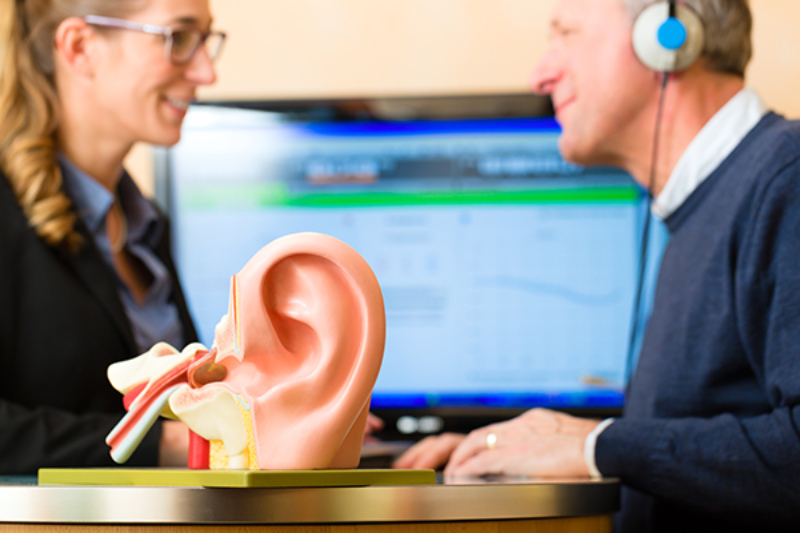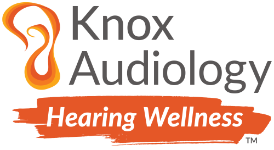What can I expect from my hearing assessment?

On arrival at our clinic, you will be asked to fill out a registration form. This form includes some questions regarding your personal details like name, date of birth, address, medicare card details, and some other basic information regarding the hearing test. This information is used by the Audiologist to get a better understanding of the reason for your assessment and can help with your diagnosis.
During the appointment
History:
The audiologist will begin by asking a hearing history. This may include questions about your hearing health, what your symptoms/concerns are, your family history as well as things like your exposure to loud noise. If the appointment is for your child we may also ask about pregnancy, birth, speech and general development as well as kinder and school.
Otoscopy:
The audiologist will start by looking into your ears by using a handheld scope known as an otoscope. They are looking for any abnormalities that may be contributing to hearing issues, as well as checking for a build-up of wax.
Tympanometry:
Tympanometry or a pressure assessment involves the audiologist sitting a device with a soft tip in your ear. This will determine how well your eardrum is moving in response to pressure and can help to determine the health of the middle part of your ear. You may hear a humming noise and experience a change in pressure during this test (like going up a hill or up/down in an aeroplane).
The hearing test:
The next and the most significant component of the assessment is the hearing test. The audiologist starts with providing accurate instructions regarding what is expected during the test and what is the most appropriate way to respond. The testing procedure may vary slightly depending on a variety of factors. The most commonly used tests include
• Pure tone audiometry to determine the hearing thresholds.
• Speech audiometry to determine the speech recognition scores.
Results:
Once the testing is completed, the audiologist will discuss the results with you and provide you with an opportunity to ask any queries you may have. A review of the hearing test may or may not be recommended depending on the results. Once the testing procedure is completed, the audiologist will write a comprehensive report about the results and forward it to your referring healthcare professional, or to yourself upon request.
